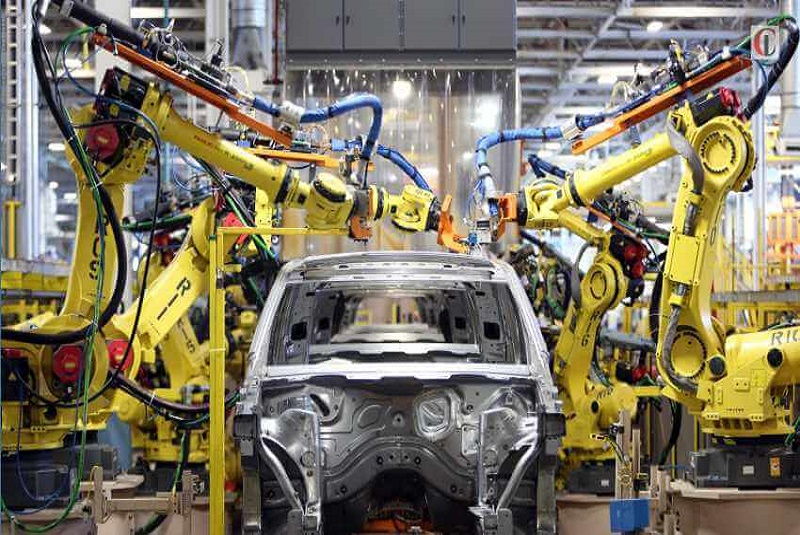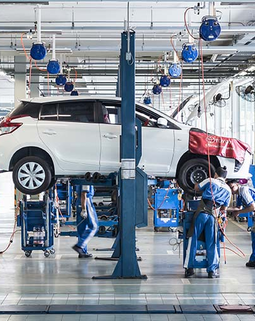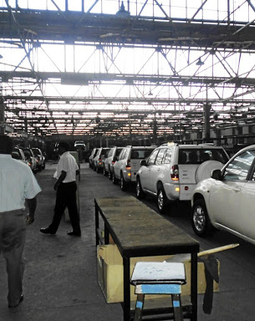In recent years, Zimbabwe’s automotive industry has experienced a notable shift as local businesses gain a stronger foothold in the market. This growing dominance by domestic enterprises is significantly impacting maintenance costs and contributing to the overall development of the sector. By focusing on localized solutions and resources, these businesses are addressing key challenges faced by vehicle owners and operators across the country.
The Rise of Local Auto Businesses
The automotive sector in Zimbabwe has traditionally been dominated by international companies and imported vehicles. However, local businesses are now making substantial inroads, offering services and parts that were once reliant on overseas suppliers. This shift is driven by a desire to enhance the efficiency and affordability of vehicle maintenance and repair.
Impact on Maintenance Costs
One of the most significant benefits of this local penetration is the reduction in maintenance costs. Previously, vehicle owners faced high expenses due to the need for imported parts and services, which often included substantial shipping and import duties. Local businesses are now providing more cost-effective alternatives by sourcing and manufacturing parts domestically, thus lowering the overall expenditure for vehicle upkeep.
Improving Accessibility and Reliability
Local auto businesses are also improving accessibility and reliability for vehicle owners. By establishing service centers and parts suppliers within the country, these businesses ensure that essential maintenance and repairs are more readily available. This increased accessibility not only enhances the convenience for vehicle owners but also reduces the downtime associated with waiting for imported parts or services.
Economic Benefits to Zimbabwe
The rise of local businesses in the automotive sector is contributing positively to Zimbabwe’s economy. By fostering a more self-sufficient industry, the country is reducing its dependency on foreign imports and retaining more financial resources within its borders. Additionally, this growth is generating employment opportunities and supporting local suppliers, thereby stimulating economic activity and development.
Challenges and Opportunities
While the expansion of local auto businesses offers numerous advantages, it also presents certain challenges. Ensuring the quality and reliability of locally produced parts and services is crucial for maintaining customer trust and satisfaction. Local businesses must continuously innovate and improve their offerings to compete effectively with international standards.
On the other hand, this evolving landscape provides significant opportunities for growth and development. Investment in technology, training, and infrastructure will be key to further enhancing the capabilities of Zimbabwe’s automotive sector. By addressing existing challenges and leveraging new opportunities, local businesses can continue to drive progress in the industry.
Future Outlook
Looking ahead, the future of Zimbabwe’s automotive sector appears promising with the continued rise of local businesses. As these enterprises expand their reach and capabilities, they are likely to play an increasingly pivotal role in shaping the industry’s landscape. The ongoing efforts to reduce maintenance costs and improve service accessibility will contribute to a more sustainable and efficient automotive sector.
Conclusion
The growing presence of local businesses in Zimbabwe’s automotive sector marks a significant shift towards greater self-sufficiency and cost-effectiveness. By addressing maintenance costs and enhancing service accessibility, these businesses are making a substantial impact on the industry. As the sector continues to evolve, local enterprises are set to play a crucial role in shaping the future of automotive maintenance and repair in Zimbabwe.





